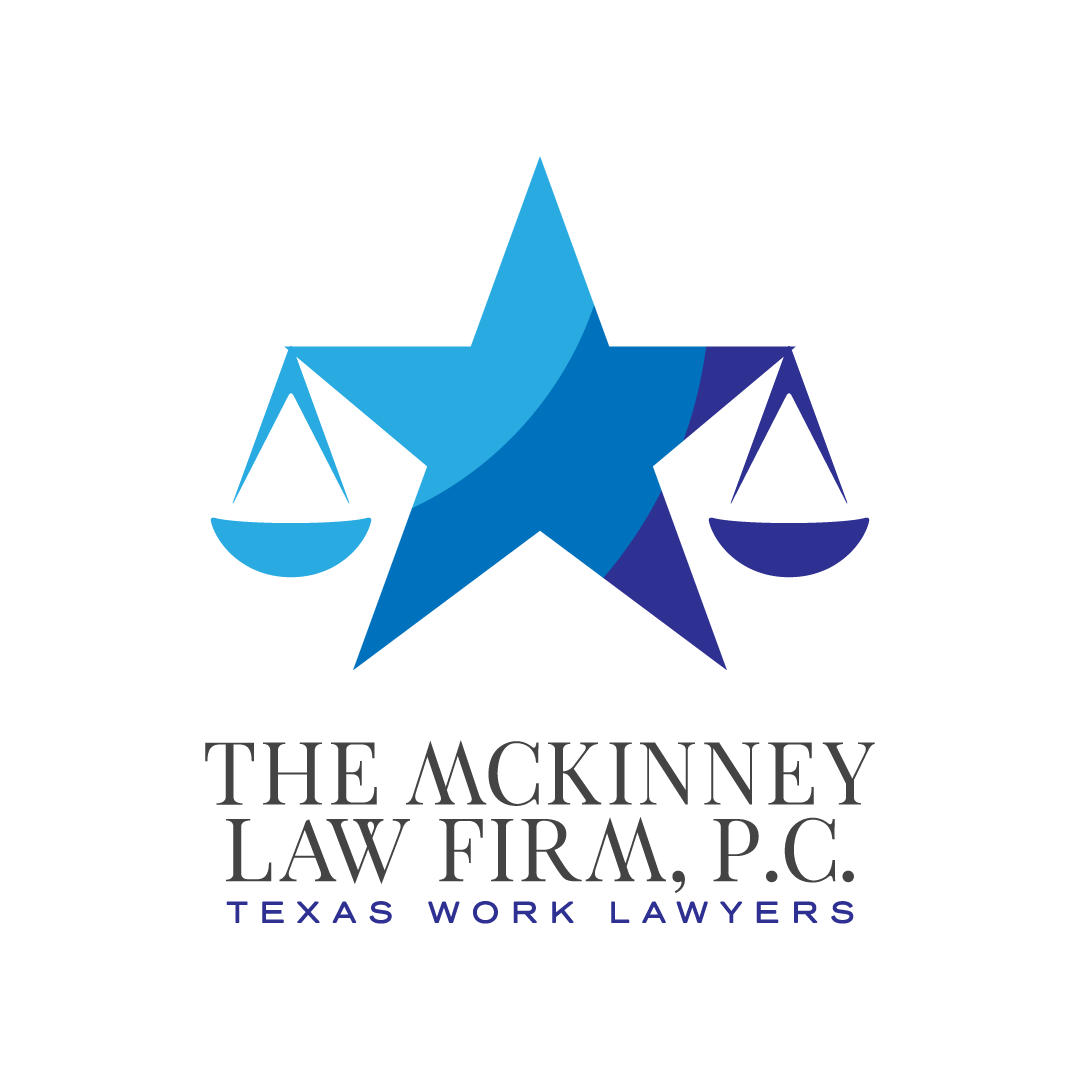The Vanishing Jury Trial: Fifth Circuit Continues To Be A Difficult Place To Get A Jury Trial In Discrimination Cases
/Fifth Circuit Court of Appeals
In a discrimination or hostile environment case, statements made by co-workers and management indicating a discriminatory bias. However, the law has long held that if the remarks are few in number and not very severe, then they are deemed to be mere “stray remarks” and will not support a plaintiff employee’s claim. What qualifies as mere “stray remarks” and therefore not sufficient evidence to warrant a jury trial varies from federal circuit to circuit. The Fifth Circuit Court of Appeals (the circuit that determines the law for Mississippi, Louisiana, and Texas) has long held a reputation for finding statements that most jurists would deem to be evidence as mere “stray remarks.” The court continues to live up to this reputation in Eaglin v. Texas Children's Hospital, No. 19-20222 (5th Cir. Feb. 4, 2020).
In Eaglin, the Court provided the following description of the statements by the Plaintiffs’ supervisors that the Court accepted as true for the purposes of a summary judgment motion:
From time to time, Eaglin’s supervisors made comments she found offensive. For example, Crumley once “flipped” Eaglin’s hair and asked her how much she paid for it. Crumley also asked if Eaglin and A. Williams ate watermelon and fried chicken on holidays. Jones once told Eaglin that she needed to “[e]ither . . . change [her] hair [color] or . . . go home for the rest of the day.” D. Williams referred to Eaglin and A. Williams as “the black girls” and questioned the style and color of Eaglin’s hair, asking Eaglin whether she thought “it was professional to wear braids in the medical field.” Eaglin’s supervisors also occasionally made comments indicating that someone in TCH’s administration wanted to replace Eaglin with a Hispanic employee. For example, Crumley once told A. Williams that “they needed a Hispanic person at” the reception desk because the current desk employees “couldn’t communicate with the patients.” Jones once told Eaglin that “they want to replace you-all with Hispanics.” Similar incidents with non-supervisors also occurred.
In granting summary judgment against Eaglin and denying her a jury trial, the court ruled that "the statements — even if offensive — were either not made by someone with authority to terminate Eaglin's employment, were not proximate in time to her firing, or were not related to the termination decision.” Thus they were not sufficient to serve as direct evidence of discriminatory intent and were mere “stray remarks.” (Some of these issues were in dispute but the court determined them to be so.)
This does not mean that they are no evidence at all, but that the Plaintiff employee then must set forth what the court terms as “substantial evidence” that the Defendant’s stated reason for termination was a pretext for discrimination. The Court parced the evidence item by item and held that each piece of evidence was insufficient to establish sufficient discriminatory intent to overcome what is becoming an increasingly high threshold to prove pretext in the Fifth Circuit.
When you read the opinion, you will note that the court appears to weigh some of the evidence (something that, at least in theory, is to be left to a jury) and it examines each piece of evidence in isolation, rather than as a part of a larger whole story of the case. This methodology is increasingly used by conservative courts to prevent discrimination cases from ever reaching a jury.
Don’t get me wrong. I have no idea whether the plaintiff in this case deserves to win at trial. As discrimination cases go, this may not be the strongest case ever filed - I don’t know. But that isn’t the point. The point is that there will never be a trial. The point is that federal courts are increasingly weighing the evidence and substituting their judgment for that of a jury. This is especially true in cases involving claims of employment discrimination and harassment.
Juries are meant to be the conscious of the community. Jury trials are the purest form of democracy in action. They act as a pressure relief valve of sorts for society and allow the people to have a say in determining what is acceptable behavior and what is not. By preventing the vast majority of discrimination cases from ever getting to a jury, the courts are effectively plugging up society’s pressure relief valve. And eventually, if things continue down this road, that pressure is likely to blow up.
And now I am off to yet another judicial luncheon where we lawyers will eat our chicken dinners and dutifully nod our heads while judges and bar leaders speak at the podium and lament the vanishing civil jury trial in America and what a shame that is.









